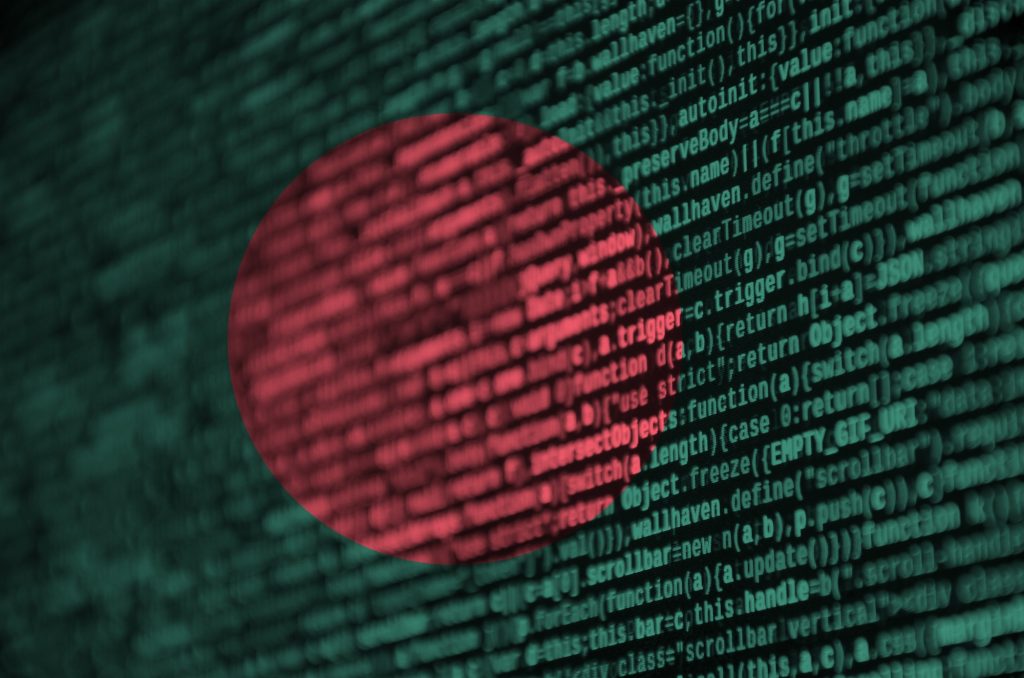Bangladesh’s digital push faces challenges amidst election controversy
Despite Prime Minister Sheikh Hasina’s emphasis on digitalization and the Smart Bangladesh project, concerns about the recent election’s fairness, legal frameworks, and limited internet penetration pose obstacles to the Vision 2041 initiative.

Following the Awami League’s controversial victory in Bangladesh, the spotlight now is on Bangladesh’s plan to boost digital infrastructure. Prime Minister Sheikh Hasina’s campaign focused on garnering voter support through the country’s digitalisation efforts and economic initiatives, as reported by Al Jazeera.
This includes commitments to a health ID for digital healthcare, a framework for digital banks to make 75% of local transactions digital by 2027, and the development of the Smart Bangladesh Stack as part of Digital Public Infrastructure (DPI) plans overseen by the Aspire to Innovate (a2i) Programme, with the agency’s DPI initiatives influencing e-governance strategies globally.
The Vision 2041 plan also focused on universal digital ID issuance, biometric verification, and digital assets. However, challenges persist, including internet penetration at 38.9%, criticism of recent elections’ fairness, and concerns about the Cyber Security Act’s impact on rights such as freedom of expression, privacy, and liberty.
Why does it matter?
While Bangladesh is actively pursuing an ambitious agenda for digital transformation and infrastructure development, the success of its digital transformation will likely depend on addressing these challenges, ensuring inclusivity, and finding a nuanced approach to promote technological advancement and protect individual rights.
